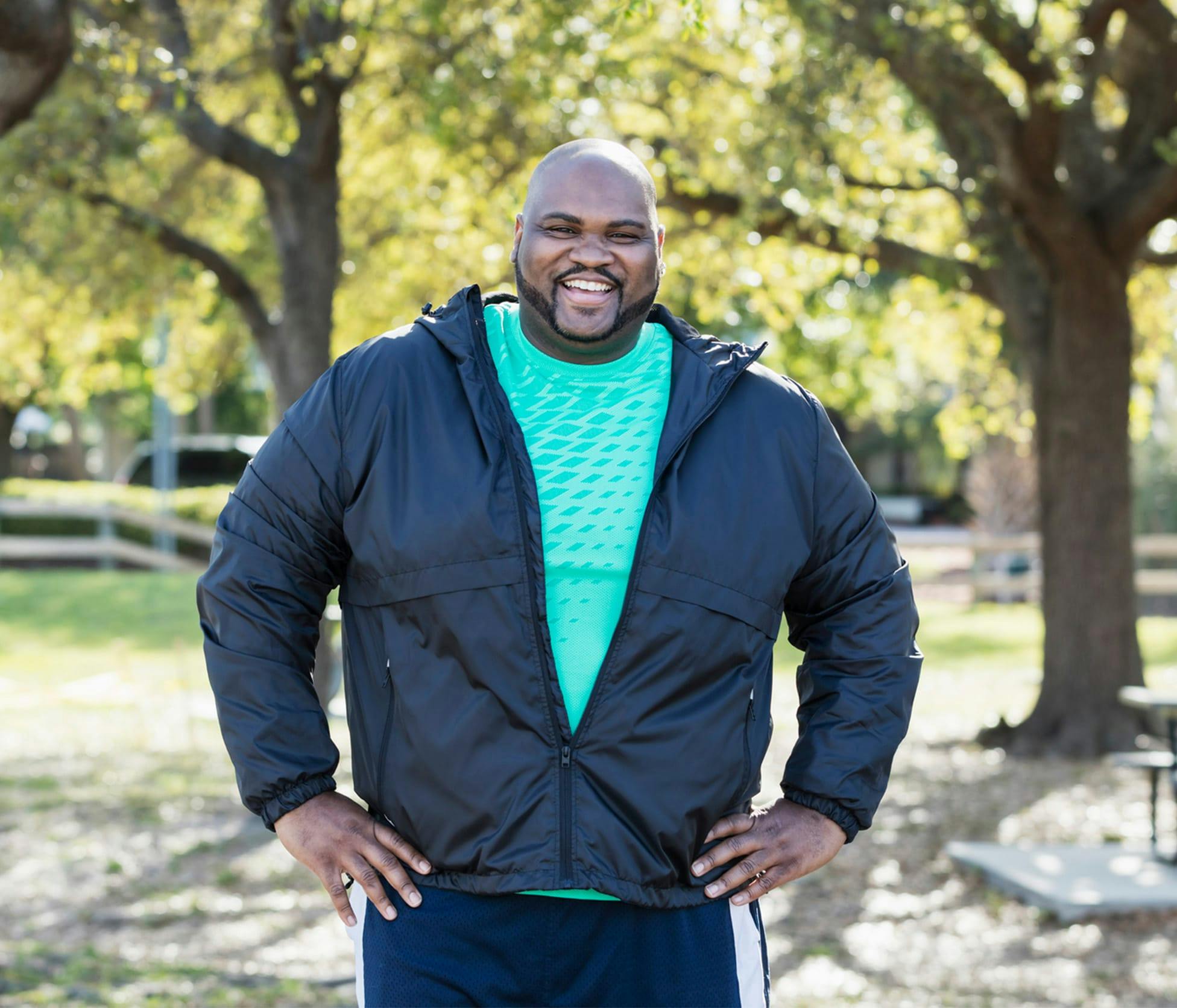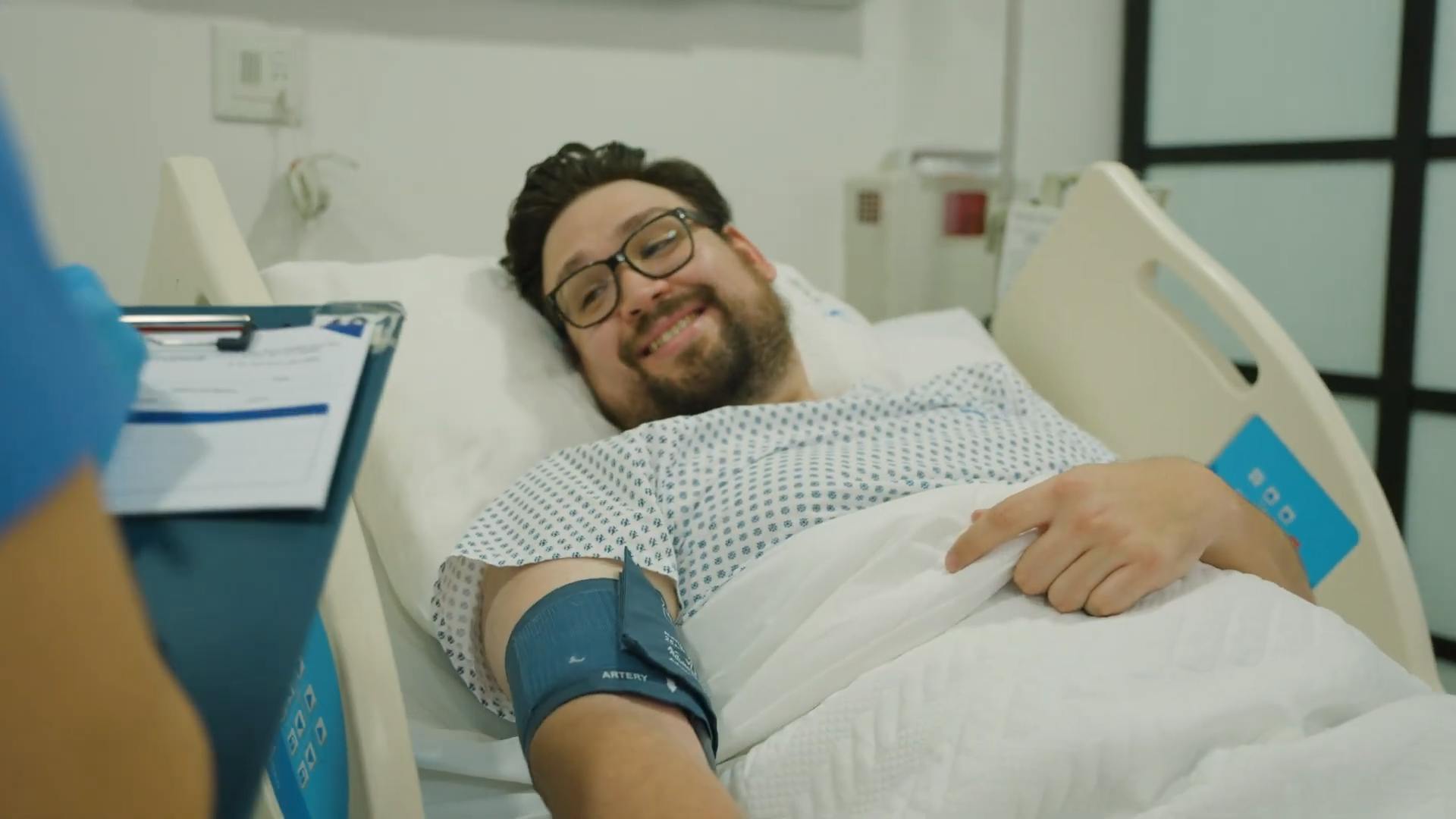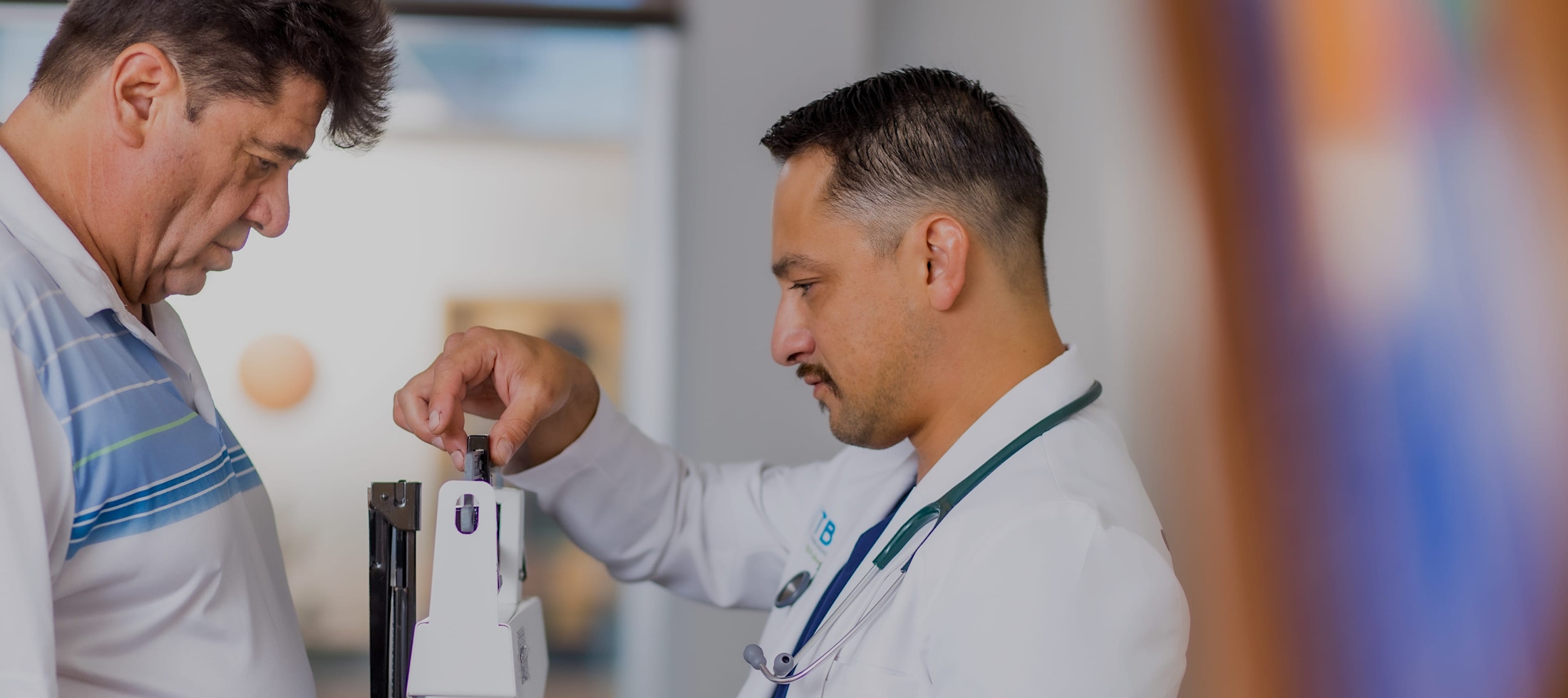Gastric Sleeve Surgery in Tijuana, Mexico is Simple and Effective
Vertical sleeve gastrectomy (VSG) is a lower-risk bariatric procedure than gastric bypass. It only alters the stomach and doesn't reroute the small intestines. Patients experience a substantially lower risk of potential complications than other weight loss surgeries like gastric bypass or duodenal switch. Yet, most patients achieve their weight loss goals.
The amount of weight loss varies. However, you can typically expect to lose about 60% to 70% percent of your excess weight when you undergo gastric sleeve surgery. Reducing your BMI can help you achieve an improved quality of life. You'll have more self-confidence when you can once again participate in sports, walk energetically, and enjoy time with your family.





















